According to his friend and fellow-composer Ernest Reyer, the last words Berlioz spoke on his deathbed were: ‘They are finally going to play my music’. It has taken time, but he was right. A century and a half later, Berlioz 150 is the watchword of the hour. That is as it should be. Berlioz was a devotee of the ancient world (‘I have spent my life with that race of demi-gods’), where it was believed that at the moment of death one might be granted foreknowledge of the future.
Why has it taken so long? In his native France there were plenty of reasons. As a forceful, witty but sardonic music critic he inevitably put Parisians’ backs up with his attacks on modern Italian music, which he regarded as frivolous, formula-ridden and fatally undramatic. That alone would have made the powerful Parisian musical establishment his enemies. His concerts attracted a band of admirers, but many others disliked his music before they had heard a note of it.
That music, innovatory, unorthodox, inspired by the example of Beethoven to reach into the future but also, disconcertingly, deriving from the long-breathed melodic lines of Gluck, was in any case alien to a musical society where Rossini and Donizetti and their mediocre imitators ruled the roost. Germany, Russia, England were open-minded enough to take an interest in Berlioz’s music, but France! As he wrote in his Memoirs, ‘What the Devil was the good Lord thinking of (‘Où diable le bon dieu avait-il la tête’) having him born there?’ He didn’t fit into any recognisable category. He was a paradox. Unlike so many Parisian critics, he never took bribes. What kind of man was that? Characteristically, his influential Treatise on Modern Instrumentation and Orchestration was a mixture of scientific precision and poetic flights of fancy. The entry on the clarinet, for instance, went into minute technical detail about the instrument but at the same time extolled it as the voice of heroic love and the great women of antiquity. This ‘modern’ treatise drew many of its musical examples from the works of Gluck, composed 80 years earlier, but began with the futuristic slogan: ‘Any sound-producing body used by the composer is a musical instrument.’
The future fascinated him as much as the past (the great writers of the grand siècle, Molière, Racine, Corneille, Boileau, the 18th-century composers of opéra-comique like Grétry and Dalayrac). One of his last newspaper articles, under the guise of reviewing the latest ephemeral opera, predicts air travel and imagines how it will be used to collect the musicians that, as a conductor, he needs.
‘Where’s Vieuxtemps? And Becker?’ he asks his orchestral attendant as the next musical festivity approaches.
‘They’re in Sydney, sir.’
‘Go and fetch them. And Sivori, and Bottesini, and Piatti?’
‘Sir, they’re in Cantor, Timor and Mindanao.’
‘All right, pick them up as you pass, they’re on your route. I want these virtuosos five days from now.’
But his reputation as a gifted writer only militated against his acceptance as a composer who mattered.
It became the received idea that Berlioz was only half a composer; that his musical education was defective, that he never mastered his métier. ‘They were supposed to elect a musician,’ wrote one particularly fanatical opponent when, on the strength of his rare Parisian success with The Childhood of Christ, he became a member of the Institute, ‘but they have elected a journalist’ (a gibe also used against Delacroix — ‘not a painter but a journalist’ — and, curiously, by General Weygand in 1940 when de Gaulle was appointed under-secretary for defence: ‘more a journalist than an officer’). French culture is particularly prone to such modish received ideas, but they spread to other countries, Britain included; and with musical opinion especially, such generalisations are hard to root out once they have become entrenched (Schubert essentially a song-writer not at home with large-scale forms, Dvorak’s symphonies structurally weak). Berlioz always had admirers here, from the time of his first visits to London. But they remained an embattled minority.
In retrospect we can see that it was the production of The Trojans at the Royal Opera House in 1957, revived in 1958 and 1960, that began the crucial change. As had happened with the first performances of Wagner’s Tristan und Isolde at Covent Garden, people walked the streets, thunderstruck, late into the night. A typical case of conversion was the German-trained critic and audio expert Tom Heinitz. He had gone to the first night mildly curious about this epic opera which was pontificated about but rarely given, but more eager to hear the young Canadian tenor Jon Vickers everyone was talking about, and he came out at the end passionately for Berlioz, and spent the rest of his life preaching the cause.
A whole generation of musicians and music-lovers took it up. For Berlioz, the disputed artist who had been ‘born under an evil star’, the stars at last were working for him. Colin Davis’s series of concert performances of Berlioz works in the 1960s, first with the Chelsea Opera Group and then with the London Symphony and the Philharmonia, culminated in 1969, the centenary year, with a new production of The Trojans at Covent Garden, and the complete recording of the opera — a year that also saw the publication of the full score, a century after it was composed, and a big exhibition, Berlioz and the Romantic Imagination, at the Victoria and Albert Museum. Reviewing the recording, the French critic Claude Rostand wrote that it had brought to an end ‘one of the most astonishing musical scandals of all time’, putting paid to the official view of Berlioz’s ‘wilfully blind’ fellow-countrymen who had always ‘refused to accept that The Trojans is a great masterpiece, the summit of the composer’s genius’.
The new spirit gradually embraced Berlioz’s music as a whole. Thanks to the huge expansion of recording, it became possible to hear it all and get to know it thoroughly. It was no longer unfamiliar. When J.H. Elliot wrote his unsympathetic Master Musicians on Berlioz in 1938 (thankfully replaced by Hugh Macdonald’s), his analysis of The Childhood of Christ, as he later admitted, had been based only on the vocal score — he hadn’t actually heard the piece, or managed to consult a full score. To be understood, Berlioz had to wait until the historical factors that had made him seem a freak had run their course. The history of music had to evolve to an age when, thanks to the spread of knowledge and the opening up of more of the past, all styles were admissible; one thing no longer was judged by reference to another; the only laws a piece of music had to be true to were its own, and the concept of a norm against which music such as Berlioz’s could be measured and found wanting no longer held sway.
There will always be people who dislike his music (that is so with all composers — the great American writer Jacques Barzun rightly referred to ‘the secret army of Beethoven haters’). But they no longer represent the prevailing opinion. The final vital factor is that there are now far more conductors who love his music and are intent on performing it than there have ever been. To mention just one of them, the French conductor François-Xavier Roth was at first hostile to Berlioz’s music, until working on it, as assistant to John Eliot Gardiner, changed him and made him see the light. By its very idiosyncrasies, its sheer originality, it may take more learning than others’, but when that happens, whether quickly or slowly, it is yours for life.
Berlioz 150 is being celebrated nowhere more emphatically than in his native France. There are rumours too of great things at this year’s Proms — the consequence of what the Proms writer Andrew Huth has called ‘a full rediscovery and appreciation of Berlioz in all his variety and colour, his unique passion and yearning, his sharp brilliance and deep human insights’. Not so long ago, such a ringing affirmation would have seemed extravagant, but no more. His music is, finally, being played.
Got something to add? Join the discussion and comment below.
Get 10 issues for just $10
Subscribe to The Spectator Australia today for the next 10 magazine issues, plus full online access, for just $10.
You might disagree with half of it, but you’ll enjoy reading all of it. Try your first month for free, then just $2 a week for the remainder of your first year.

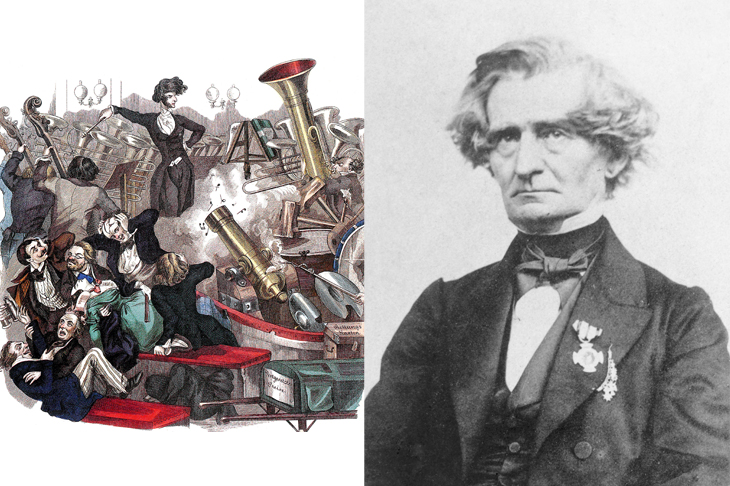
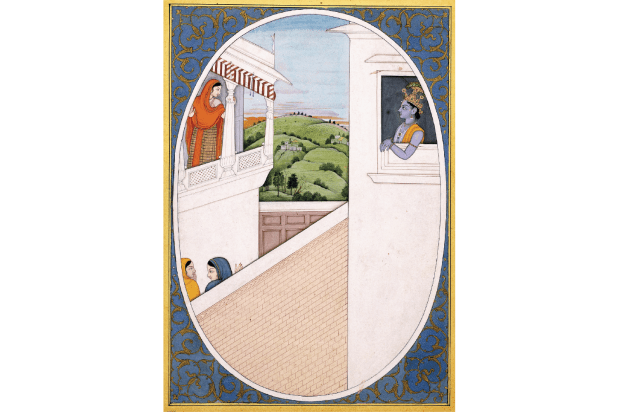
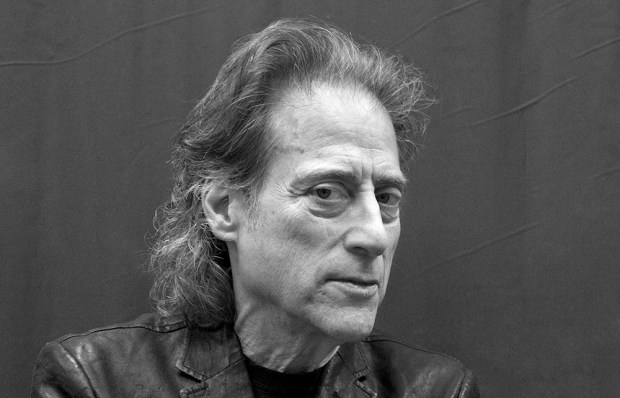

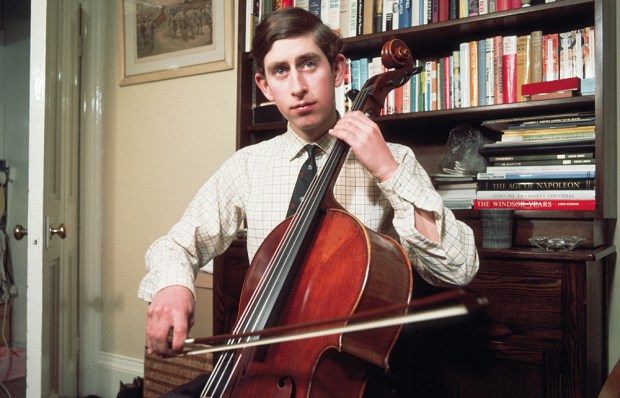

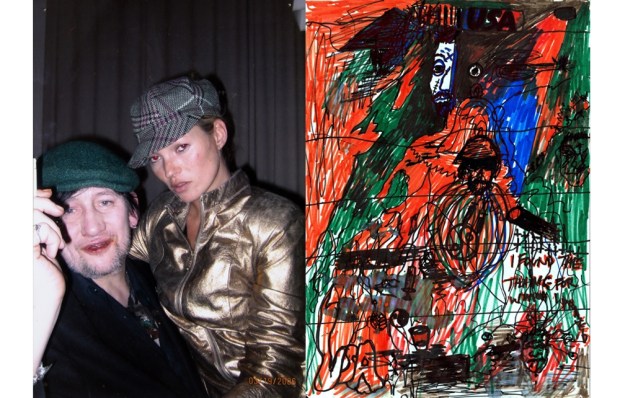






Comments
Don't miss out
Join the conversation with other Spectator Australia readers. Subscribe to leave a comment.
SUBSCRIBEAlready a subscriber? Log in